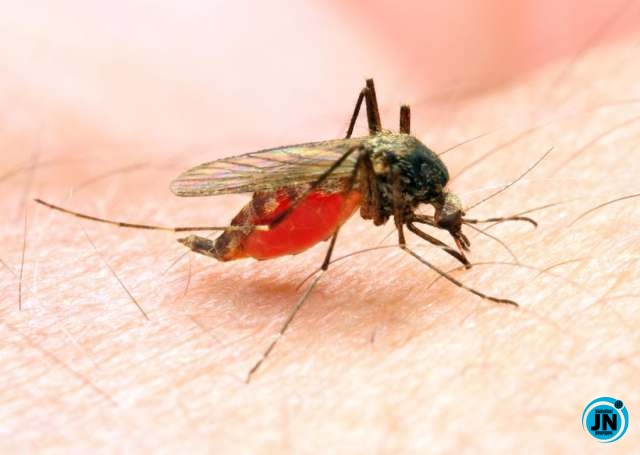
A new World Malaria Report released on Monday by the World Health Organization, WHO has revealed that progress against malaria continues to plateau, particularly in high burden countries in Africa even as it states that gaps in access to life-saving tools are undermining global efforts to curb the disease.
The report which called on countries and global health partners to step up the fight against malaria added that the COVID-19 pandemic is expected to set back the fight even further.
Noting that malaria is a preventable and treatable disease that continued to claim hundreds of thousands of lives each year, it stressed that better targeting of interventions, new tools, and increased funding is needed to change the global trajectory of the disease and reach internationally-agreed targets.
Reacting to the report WHO Director-General, Dr. Tedros Adhanom Ghebreyesus said it was time for leaders across Africa and the world to rise to the challenge of malaria, just as they did when they laid the foundation for the progress made since the beginning of this century.
“Through joint action, and a commitment to leaving no one behind, we can achieve our shared vision of a world free of malaria.”
The report noted that in 2000, African leaders signed the landmark Abuja Declaration pledging to reduce malaria deaths on the continent by 50 percent over a 10-year period. Robust political commitment, together with innovations in new tools and a steep increase in funding catalyzed an unprecedented period of success in global malaria control. According to the report, 1.5 billion malaria cases and 7.6 million deaths have been averted since 2000.
According to the latest report, “In 2019, the global tally of malaria cases was 229 million, an annual estimate that has remained virtually unchanged over the last 4 years. The disease claimed some 409 000 lives in 2019 compared to 411 000 in 2018.
“As in past years, the African Region shouldered more than 90% of the overall disease burden. Since 2000, the region has reduced its malaria death toll by 44%, from an estimated 680 000 to 384 000 annually. However, progress has slowed in recent years, particularly in countries with a high burden of the disease. A funding shortfall at both the international and domestic levels poses a significant threat to future gains. In 2019, total funding reached the US $3 billion against a global target of $5.6 billion. Funding shortages have led to critical gaps in access to proven malaria control tools.
On COVID-19 impact, the report noted that in 2020, COVID-19 emerged as an additional challenge to the provision of essential health services worldwide. According to the report, most malaria prevention campaigns were able to move forward this year without major delays.
However, WHO is concerned that even moderate disruptions in access to treatment could lead to a considerable loss of life.
“The report finds, for example, that a 10 percent disruption in access to effective antimalarial treatment in sub-Saharan Africa could lead to 19 000 additional deaths. Disruptions of 25 percent and 50 percent in the region could result in an additional 46 000 and 100 000 deaths, respectively.
Also commenting, WHO Regional Director, Dr. Matshidiso Moeti said: “While Africa has shown the world what can be achieved if we stand together to end malaria as a public health threat, progress has stalled.
“COVID-19 threatens to further derail our efforts to overcome malaria, particularly treating people with the disease. Despite the devastating impact, COVID-19 has had on African economies, international partners and countries need to do more to ensure that the resources are there to expand malaria programs which are making such a difference in people’s lives.”
The report highlights key milestones and events that helped shape the global response to the disease in recent decades.
According to the report, 21 countries eliminated malaria over the last two decades; of these, 10 countries were officially certified as malaria-free by WHO. In the face of the ongoing threat of antimalarial drug resistance, the six countries of the Greater Mekong sub-region continue to make major gains towards their goal of malaria elimination by 2030.
But many countries with a high burden of malaria have been losing ground. According to WHO global projections, the 2020 target for reductions in malaria case incidence will be missed by 37 percent, and the mortality reduction target will be missed by 22 percent.” the report noted.

